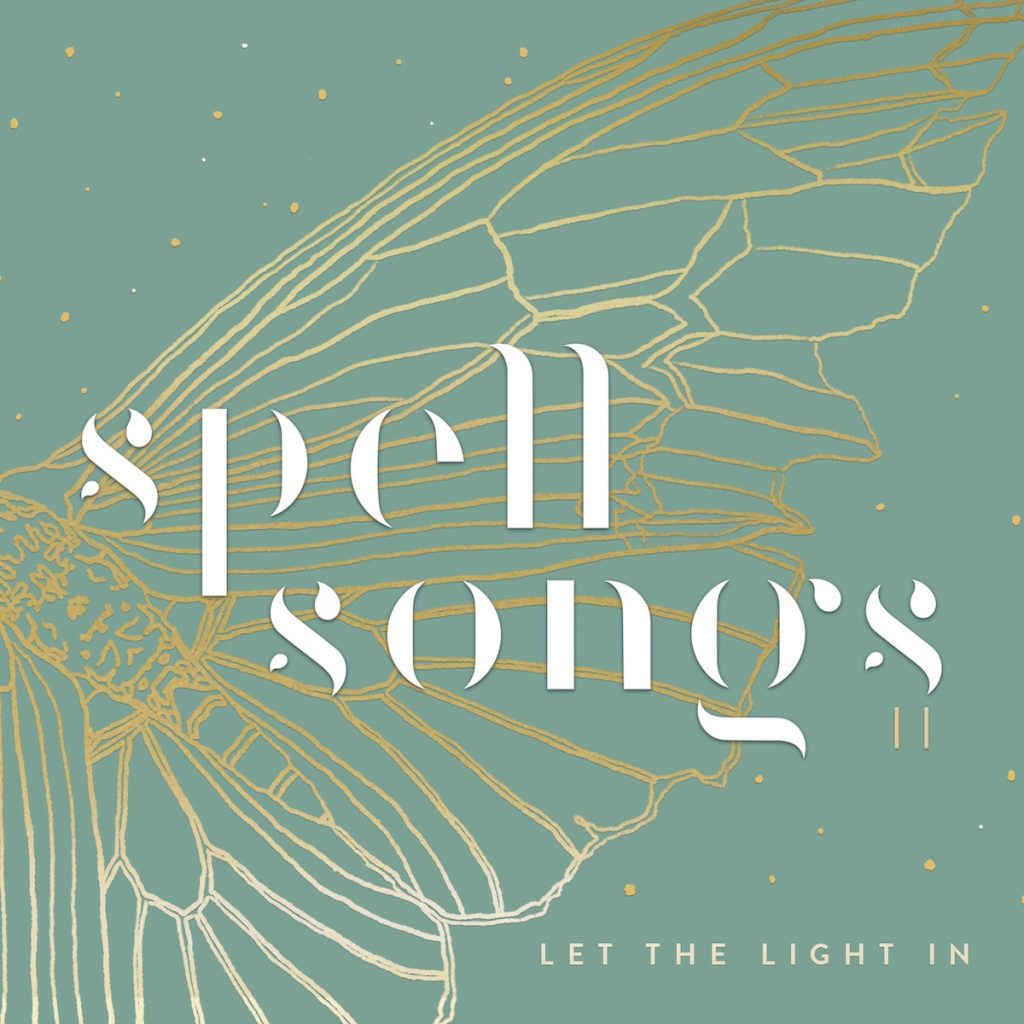Second Volume of ‘Spell Songs’ Praises a Natural World in Peril

Both a celebration and a dire warning, Spell Songs II: Let the Light In will draw you into an absorbing musical interpretation of our fast disappearing natural world. A blend of folk, world music, and spoken word in songs new and old, this album is the work of seven top-rated musicians released alongside Robert Macfarlane’s book The Lost Spells that features the work of illustrator Jackie Morris. The project follows up the 2017 The Lost Words book and album collaboration.
All involved bring their individual talents to this project, but what unifies them, regardless of medium, is their determination to do something to reverse not just the world’s disappearing flora and fauna but our attitudes about their relevance in modern life. Nature needs its own words, which Macfarlane describes as “spells,” hence the song titles — all simple animals or natural features, like “Bramble,” “Barn Owl,” “Moth.” If these words are not part of our everyday vocabulary, then how can we understand, far less sustain, all these vital living beings?
The musicians need little introduction to anyone with an interest in roots and folk music. They are Karine Polwart, Julie Fowlis, Seckou Keita, Kris Drever, Rachel Newton, Beth Porter, and Jim Molyneux, one of whom leads each song.
Singing in Gaelic, Fowlis gives the traditional “St Kilda Wren” a remoteness to match the windswept island. Her diaphanous voice floats far into the Atlantic like the sturdy little birds who view the world through their “two sharp wee eyes.” Drever conveys a great sense of time, stillness, and reverence in leading “Oak” and invokes its many uses: “The wheel that makes the seasons turn.” The chorus of schoolchildren on climate strike and Keita’s “Nine hundred years alive” in Senegalese amplifies the cry of anguish across generations and continents about the way we treat this noble tree.
Keita, accompanied by his kora, a west African harp, gives “Jay” a call and response, the vibe hopping around like the bird itself. In contrast to that light touch, multi-instrumentalist Molyneux delves deep into pandemic darkness on “Swallow.” Dipping and diving, his voice beseeches, “Oh for sorrow, Swallow / Fly back to me and the summer shall follow.” Even in dark times there must always be hope and none can offer more than nature.
This group excels in giving life to what might not be given a second glance. In “Gorse,” Porter’s precise intonation shows how the thorny shrub’s prickly cussedness can be found in all of us. “Unearthly song of an eerie singer” is the spell for “Curlew.” Newton’s delicate lead could be the bird’s distant call, somewhere out there with her harp and the swirling call of Drever and Keita. Polwart’s “Thrift’ (Dig In, Dig In)” hauntingly turns the spell “thrift’s grace is to thrive in harsh places.” Just as the doughty sea pink has to survive in its harsh terrain, so we must apply similar resolve to managing the world’s dwindling resources.
Unsurprisingly, given today’s perilous ecological crisis, there is a lot of despair in Spell Songs II, but these spells offer much hope, too, not just in their message but the way each is so perfectly cast musically. Above all, they act as a powerful reminder of the foundational importance of the natural world, something that stands out even more starkly in a time of global pandemic.


